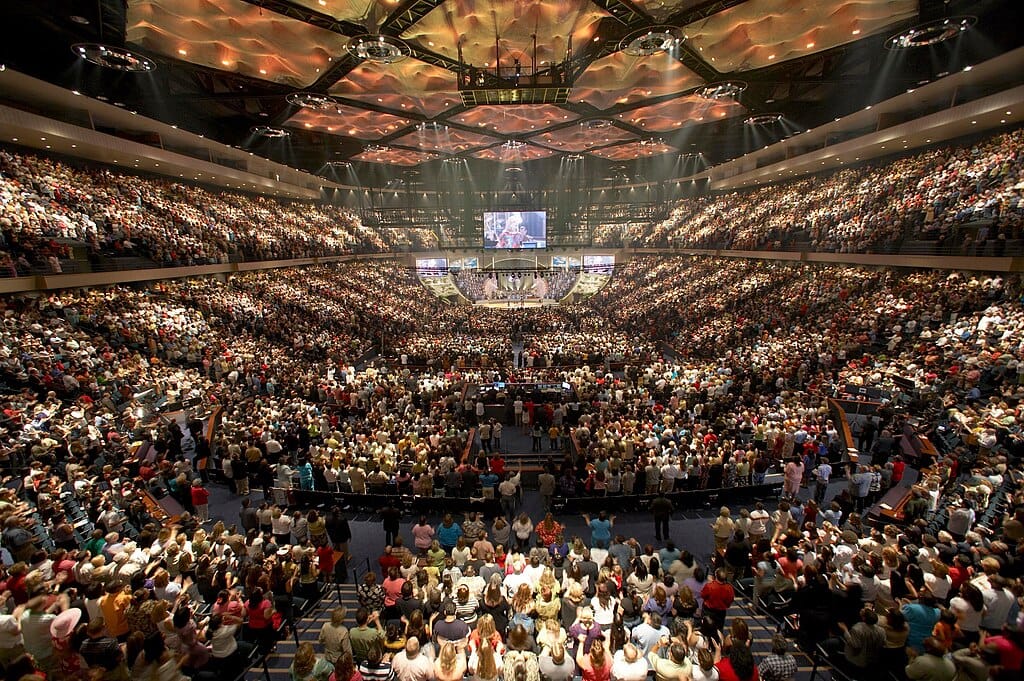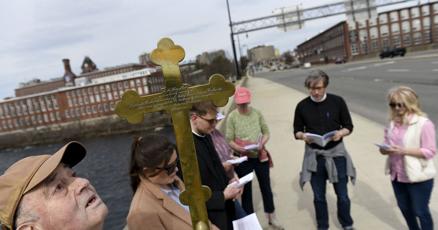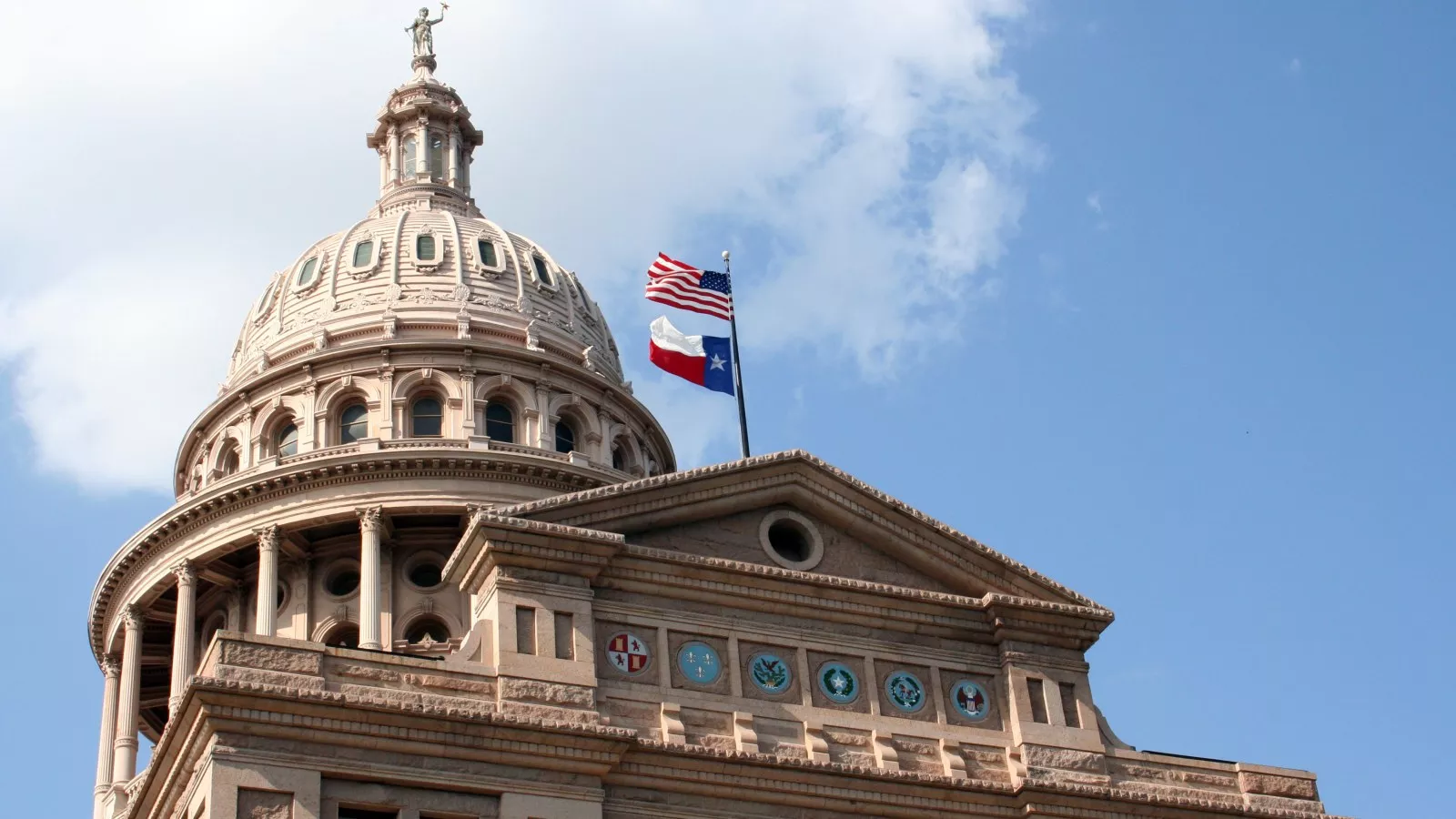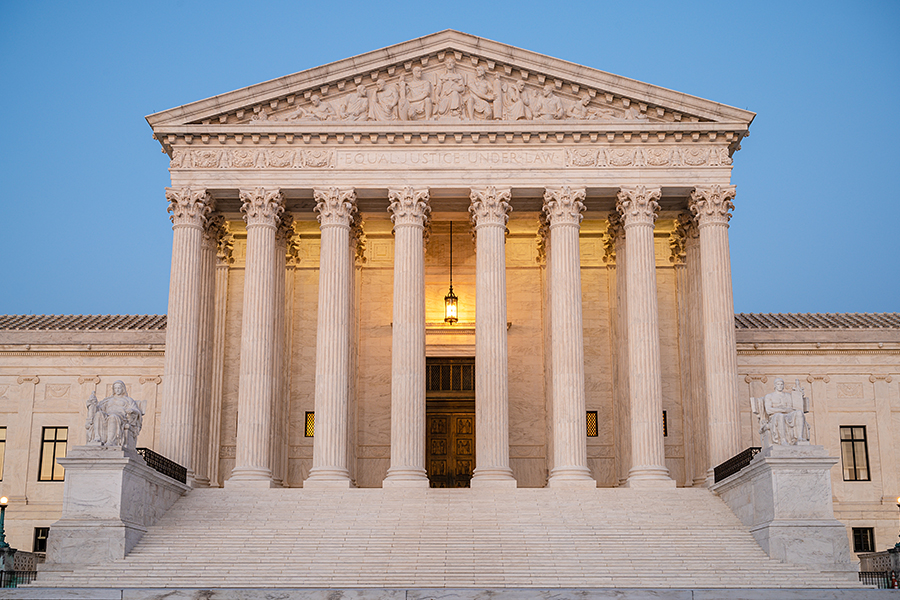Faith, Politics, and Heartland: Inside the Conservative Religious Landscape
Religion
2025-04-24 17:01:09Content

The foundations of Southern democracy were intricately woven into the fabric of a society fundamentally designed to serve the interests of the powerful slaveholding planter elite. This historical legacy continues to reverberate through contemporary political landscapes, with the modern MAGA movement perpetuating deeply entrenched power dynamics through strategic psychological tactics of shame and projection.
The plantation-era power structure didn't merely influence democratic processes—it completely reconstructed them to maintain white supremacist hierarchies. Today's political rhetoric echoes these historical patterns, using emotional manipulation and divisive strategies to preserve systemic inequalities. The MAGA movement has effectively weaponized the same psychological mechanisms that once sustained the antebellum social order: deflecting accountability, instilling collective guilt, and redirecting societal tensions to maintain existing power structures.
By understanding this historical continuum, we can recognize how deeply rooted political strategies of control and marginalization persist, transforming themselves to fit contemporary contexts while maintaining their core objective of preserving privileged social and political dominance.
Unmasking the Political Machinery: How Power Dynamics Shape Southern Democracy
In the intricate landscape of American political evolution, the Southern democratic framework represents a complex tapestry woven with historical threads of power, oppression, and systemic manipulation. Understanding this nuanced narrative requires a deep dive into the mechanisms that have consistently reshaped political representation and social dynamics.Exposing the Hidden Architects of Regional Political Transformation
The Plantation Legacy: Roots of Systemic Political Control
The Southern political ecosystem emerged not as a spontaneous democratic experiment, but as a carefully orchestrated mechanism designed to perpetuate economic and social hierarchies. Plantation owners strategically constructed political institutions that would protect their economic interests, embedding systemic inequalities into the very fabric of regional governance. By controlling legislative processes, land ownership, and economic opportunities, these powerful elites ensured their continued dominance long after the formal abolition of slavery. The intricate web of political manipulation extended far beyond mere economic considerations. Social structures were meticulously designed to maintain racial stratification, with voting mechanisms, legal frameworks, and social norms functioning as sophisticated tools of exclusion and control. These systems were not accidental but deliberate strategies implemented to preserve existing power dynamics.Modern Political Reconfigurations: The MAGA Movement's Strategic Inheritance
Contemporary Southern political landscapes reveal striking parallels with historical power structures. The MAGA movement has effectively inherited and reimagined historical strategies of political control, utilizing psychological tactics of shame, projection, and divisive rhetoric. By leveraging emotional manipulation and constructing narratives of perceived threat, this political movement echoes the plantation era's methods of maintaining social hierarchy. Psychological warfare becomes a primary instrument of political engagement, where complex societal challenges are reduced to simplistic, emotionally charged narratives. The movement's rhetoric systematically targets vulnerable populations, creating artificial divisions that serve broader political objectives. These strategies mirror historical techniques of maintaining social control through fear and marginalization.Psychological Mechanisms of Political Manipulation
Political narratives in the Southern context are rarely neutral; they are carefully constructed instruments of social engineering. Shame becomes a powerful tool, weaponized to silence dissent and maintain existing power structures. By creating environments where alternative perspectives are systematically delegitimized, political actors can effectively control public discourse. Projection emerges as another sophisticated mechanism of political control. Complex societal challenges are externalized, with blame strategically redirected to marginalized communities. This psychological strategy allows dominant groups to avoid meaningful self-reflection while maintaining their privileged position within social and political hierarchies.Institutional Frameworks and Democratic Erosion
Democratic institutions in the Southern context have consistently been vulnerable to manipulation. Voting regulations, gerrymandering, and selective representation have functioned as sophisticated mechanisms for maintaining existing power structures. These are not mere administrative processes but calculated strategies designed to limit genuine democratic participation. The erosion of democratic principles occurs incrementally, through seemingly neutral legal and administrative mechanisms. By creating complex bureaucratic barriers and implementing nuanced exclusionary practices, political actors can effectively limit meaningful political representation while maintaining a veneer of democratic legitimacy.Societal Transformation and Resistance
Despite these entrenched systems of control, resistance and transformation remain constant undercurrents. Grassroots movements, community organizing, and increasing political awareness represent powerful counterforces to established political machinery. These efforts challenge existing narratives and create spaces for more inclusive, representative democratic engagement. The ongoing struggle for genuine democratic representation is not a linear progression but a complex, multifaceted process of continuous negotiation and resistance. Each generation confronts and reimagines the political landscape, challenging inherited systems and expanding the boundaries of collective political imagination.RELATED NEWS
Religion

Beyond Black and White: Why Religious Identity Defies Simple Classification
2025-04-11 15:17:00
Religion

Faith, Fury, and Legislation: How Montana's Christian Nationalist Bill Threatens Religious Liberty
2025-02-27 17:42:43
Religion

Sacred Urban Pilgrimage: Manchester's Hidden Spiritual Journey Unveiled
2025-04-19 17:01:00





